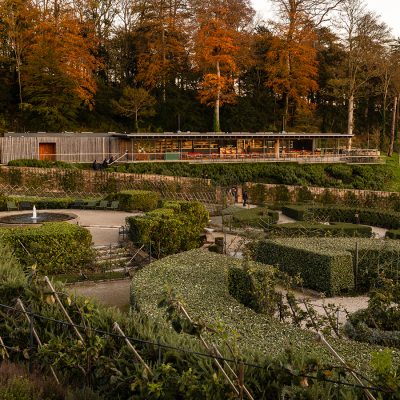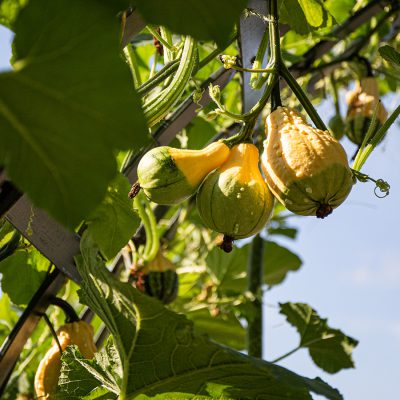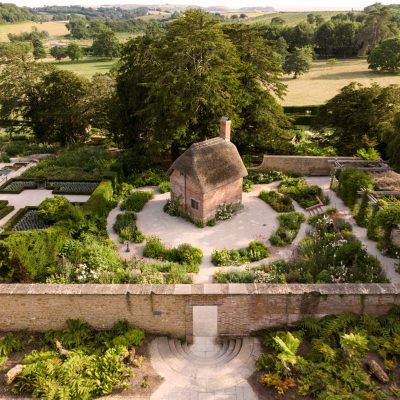Cream of the Crop
April 12th, 2021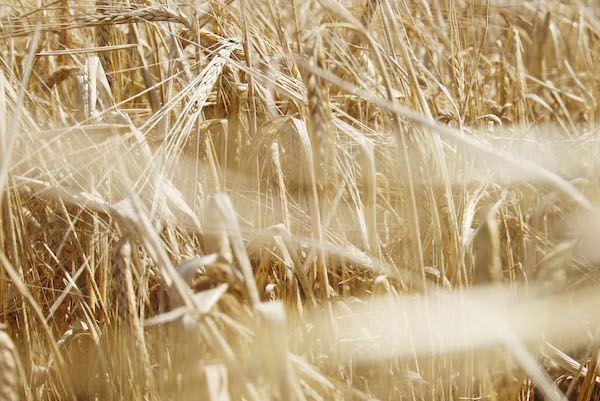
This week, as we welcome guests back to our restaurants, we’re sharing more about our farming practices. So that you can understand the provenance behind every plate.
Our chefs think in food steps rather than miles, and are lucky to have a team of gardeners and farmers tending to acres of gardens, hedgerows and arable farmland. We grow fruits, nuts, herbs and vegetables, as well as crops and grains to sustain both land and livestock.
During the time that livestock are inside, or there is not enough grass for them to eat, they are fed with crops grown on our farm. We use as little chemical intervention on our crops as possible; plant protection products are used only when necessary and, even then, items are carefully chosen. We go further than simply selecting based upon efficacy and registration. Our commitment to the environmental sensitivity of these products drives us to use items with the lowest active ingredient ratio and a narrow species impact, so that only the fate of our target is affected.
As well as the cereals we grow for animals, we also produce hulled grains with a heritage dating back 10,000 years before Christ walked the Earth. These cereals can produce fine quality milling grains without the need for us to resort to using manufactured fertilisers.
At the request of our bakers, farmers Jim and Andy are currently experimenting with growing notoriously difficult ancient grains, Emmer and Einkorn. As well as providing nutritional benefits that modern, commercial grains do not, ancient and heritage grains are more flavoursome – with a wonderfully rustic quality.
Emmer is higher in fibre and vitamins than commercial grains, while being lower in gluten. Einkorn, considered the oldest grain in agriculture, has a nutty flavour and higher level of nutrients, and is lower in gluten than modern farmed grains. It would have been used by bakers thousands of years ago, who enjoyed some of the best quality flour in their products.
Avoiding the use of chemical intervention goes hand in hand with our love of entomology on the farm. Amongst the many insects, including dragonflies and butterflies, the local bee population works hard to produce honey for our farm shop and restaurants, tended by our bee team.
We go out of our way therefore to remove anything that might be considered harmful to their existence and enforce a strict no insecticide policy for all the land on the farm. Meanwhile, we have planted pollen and nectar wildflower mixtures to encourage and increase insect populations, as well as planting large swathes of sunflowers to help feed the wild birds during the winter.
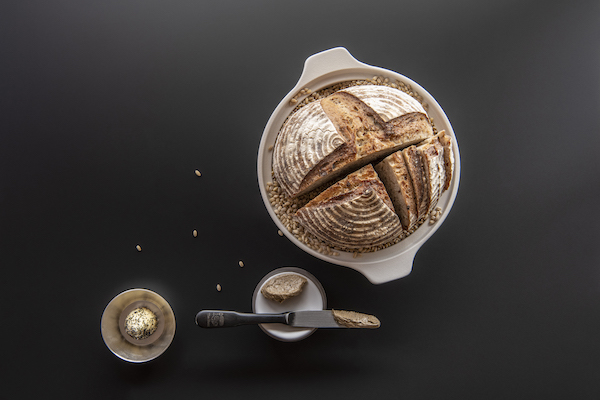
Learn to Bake with Heritage Grains – 28 April, 10am
Discover more about heritage grains and learn how to make soda bread, seeded crackers and sourdough in this live virtual workshop with Head Baker, Sam Bobbett. Click HERE to order your kit and join in.

